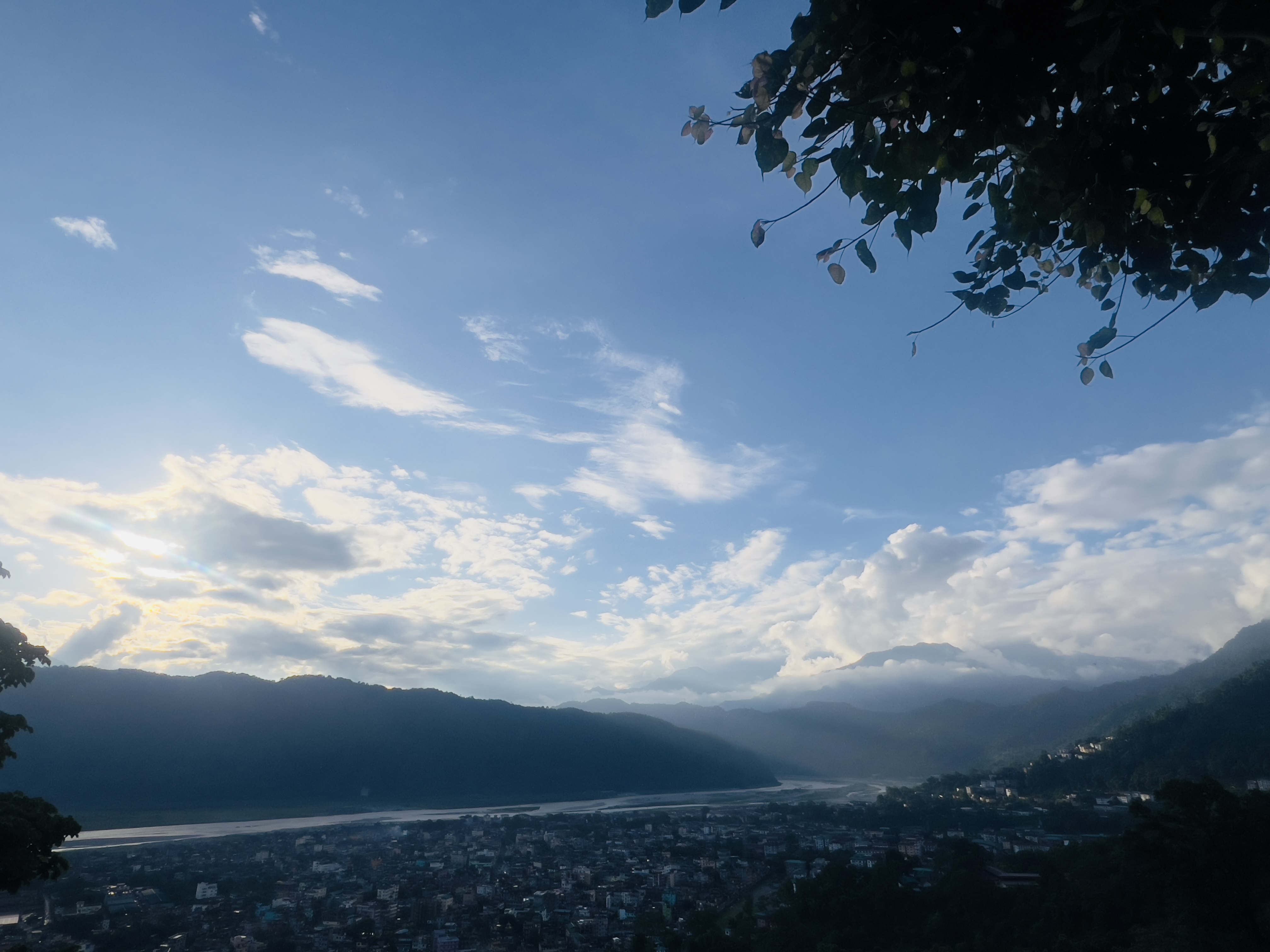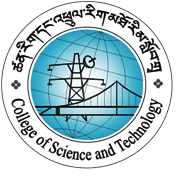- Teacher: Parshu Ram Dhungyel
VLE - College of Science and Technology
Search results: 111
- Teacher: Douglas Sim
- Teacher: Vincent Ho
- Teacher: Sumitra Ghalley
- Teacher: Kinzang Tenzin
- Teacher: Tekindra Neopaney
- Teacher: Lhundup Tshomo

On completion of the module, students will be able to:😃😇🇦🇶🚰🚱
1. Define the fundamental principles of water chemistry, including composition,
structure, and properties.
2. Evaluate the water quality of a given sample by analysing the chemical and
physical parameters.
3. Identify the sources and potential risks associated with chemical pollutants, heavy metals, and microbial contamination of water.
4. Analyse the social, health, environmental, agricultural, and economic impacts of poor water quality by examining various case studies.
5. Compare the national and international water quality standards.
6. Apply different methods and techniques for water quality testing, and interpret results to assess potential impacts.
7. Design an effective water quality monitoring and surveillance system by utilizing appropriate sampling and testing techniques.
- Teacher: Pema Choden

General Objective:😃
This module introduces students to the science of climate change, including its causes, impacts, and adaptation strategies. Students will learn about the natural and human-caused factors that are driving climate change, as well as the methods used to detect and model climate variability. They will also learn about the specific requirements of climate change adaptation for water resources management.
Learning Outcomes:👋
On completion of the module, students will be able to:
1. Explain climate change and the factors contributing to it.
2. Identify different processes and interplay between the climate system and the global water.
3. Understand the climate change influences on water resources and the associated uncertainties, vulnerabilities, and risks.
4. Apply climate models and data assimilation for model result analysis.
5. Outline the difference between natural and anthropogenic-induced climate change.
6. Explain the necessity for integrated assessment, alternative policy and innovative management solutions to develop water policy guidelines.
7. Propose solutions to building resilience, adaptation strategies, and interventions needed in a sustainable response to changing climate.
- Teacher: Pema Choden
Winter Semester 2015
Winter Semester 2016
